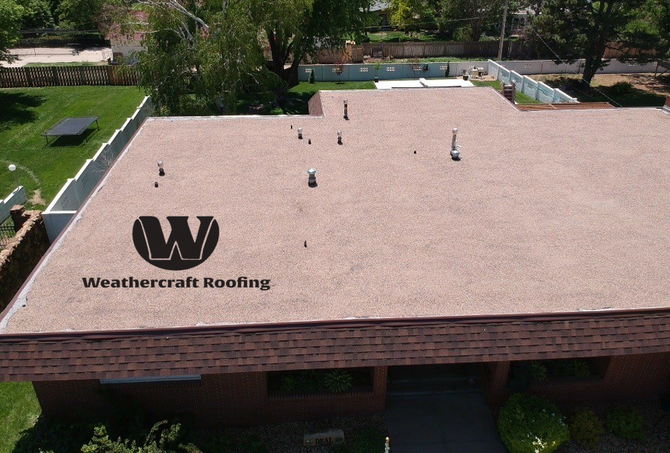Selecting the right industrial roofing system is key to protecting your property and ensuring long-term durability. Whether installing a new roof or maintaining an existing one, knowing your options and their benefits can save you time, money, and stress. Here’s what you need to know about industrial roofing.
Things to Keep in Mind for Your Industrial Roofing Project
Industrial roofing requires careful planning and consideration due to the unique needs of large-scale properties. Some key factors to keep in mind include:
- Building Use: The type of building determines roofing needs, whether for heat resistance, weather protection, or soundproofing. Consider the building's use to select the appropriate roofing material.
- Environmental Conditions: Local weather conditions like temperature extremes, heavy rainfall, or snow can impact roof material performance. Choose a roofing system that can withstand your area’s climate.
- Budget: Industrial roofing can be a significant investment. Balancing quality with cost-effective options ensures you get the best value for your investment.
- Energy Efficiency: Energy-efficient roofing materials can reduce your long-term energy bills. Look for options that enhance insulation and reduce heating and cooling needs.
Overview of Industrial Roof Types: Built-Up, Metal, and Modified Bitumen
There are several types of roofing systems used in industrial applications, each offering distinct advantages depending on your building’s needs.
Built-Up Roofs (BUR)
Built-up roofing (BUR) is made of multiple layers, usually tar and gravel, offering excellent waterproofing. BUR is durable and well-suited for large industrial roofs, though its installation can be time-consuming.
Metal Roofs
Metal roofs are widely used in industrial settings because of their durability and low maintenance. They withstand harsh weather conditions and are energy-efficient, reflecting sunlight to cut cooling costs. Various materials, such as steel and aluminum, are available.
Modified Bitumen Roofs
Modified bitumen roofing combines asphalt with rubber or plastic polymers, offering flexibility and durability. It’s especially well-suited for low-slope industrial buildings and can be installed with heat or cold processes. Modified bitumen is highly resistant to leaks and offers long-lasting protection, making it a reliable choice for industrial roofs.
How to Maintain Your Industrial Roof and Avoid Costly Repairs
To avoid costly repairs and extend the lifespan of your industrial roof, regular maintenance is crucial. Follow these tips to keep your roof in excellent condition:
- Regular Inspections: Schedule professional roof inspections at least once a year to identify any issues early, such as cracks, leaks, or debris buildup.
- Clean Gutters and Drains: Ensure gutters and drains are clear of debris to prevent water buildup, which can lead to roof damage.
- Prompt Repairs: Promptly repairing minor issues helps prevent bigger, more expensive problems from developing.
- Coating and Sealing: Applying a protective coating to your roof can help prevent moisture penetration and UV damage, extending its lifespan.
Why Working with an Expert Roofing Contractor Is Crucial for Industrial Projects
Industrial roofing projects are complex and require specialized knowledge and skills. Hiring a contractor with experience in industrial roofing ensures that your roof is installed correctly and maintained properly. A specialized contractor can help you choose the right materials, manage the installation process, and provide ongoing support to keep your roof in optimal condition. Don’t compromise on quality—work with an expert who understands the unique needs of industrial roofing.
Final Thoughts: Industrial Roofing for Your Business’s Long-Term Needs
Selecting the right industrial roof is key to safeguarding your property and ensuring it lasts long-term. Understanding your options—BUR, metal, or modified bitumen—will guide your decision. With a specialized contractor, you can ensure optimal installation and maintenance for years of protection.
Need help with your industrial roofing project? Contact us today for expert advice and a tailored solution to meet your needs!

#IndustrialRoofing #CommercialRoofing #RoofInstallation #BuiltUpRoof #MetalRoofing #ModifiedBitumen #RoofMaintenance #EnergyEfficientRoofing